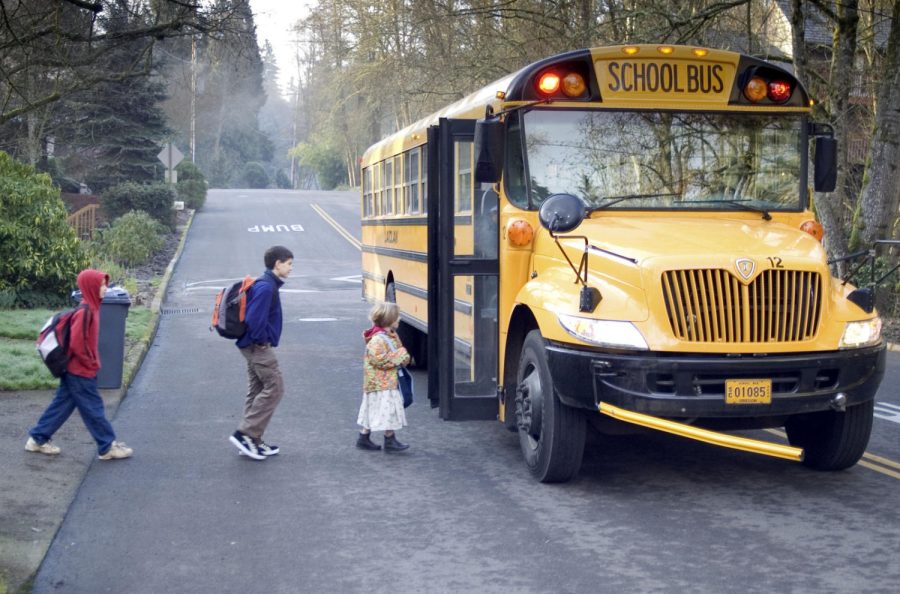This article includes topics of teenage suicide, eating disorders, abuse, and transphobia. If you are sensitive to these topics, please click off.
Teenage suicide has never been as much of an issue as it has become in later years— and schools are trying to combat it. How they go about it is different depending on district, but the general consensus is that the topic of suicide is slipping into obscurity. An obscurity that is fueled by under education of staff, the stigma surrounding topics regarding mental health, and a favoritism displayed towards more active/social students.
Suicides in general have increased. Mental illnesses have been either stigmatized or romanticized—like depression and eating disorders. (ED’s.) Teenagers have started to make mental health deterioration into a trend and competitive self harm has been normalized.
This is obviously a very serious issue. So why do some students not take it seriously? Is the staff and the curriculum at fault for these students feeling this way?
Students with these mindsets tend to have had a tough childhood and have been traumatized by one thing or another. How a student grows up is dependent on not only the school but the environment around them at home. So the question remains—what can the schools do to prevent suicidal idealization and self harm?
In the present, many students have experiences (many unpleasant) on how the school handles suicide. Many have been singled out to parents after coming to counselors and being promised confidentiality. And many of these students get punished for these feelings at home, having possessions taken away from them, and the forbidding of social interactions between friends.
This issue, schools struggling with confidentiality, is not exclusive purely to mental illness. A closeted transgender student, for example, is especially vulnerable when a school violates confidentiality. For whatever reasons the parents have, they might not accept the student and kick them out. LGBT youth make up 7% of the US population (and that’s not counting closeted kids) and yet make up 40% of the homeless population.
So confidentiality is a huge issue. The under training of staff needs to be addressed as well. Suicide, as complicated as it is, is extremely demonized because of lack of knowledge. Gym teachers without the right credentials are forced to speak about a heavy topic without proper training, and students don’t take it seriously because of it. Without a strong education system we will never be able to combat the issue before it takes more lives.
Unfortunately, this system is hard to change. It takes time, and more importantly money, to make lasting changes to a curriculum that has not adapted to a modern culture of students with greatly increasing mental illness cases. As we all know by now, change requires a lot of effort, and change has regularly been debated—no matter what kind.
Of course, it isn’t just schools—parents need to change too. Parents who don’t understand where these issues stem from and how to prevent them (discounting genetics) are some of the main contributors of teenage suicide. Denial of mental issues is only going to make them worse and more detrimental—and without help, many students end up turning to substance abuse to cope. A 2021 study shows that by senior year in high school, 62% of teenagers have abused alcohol and 86% of students know someone who abuses substances during school hours.
How long is this issue going to reign rampant on students? How many students have to die for this issue to be taken seriously? We need to care about our future generations—they will be the ones who inherit what we leave behind.



